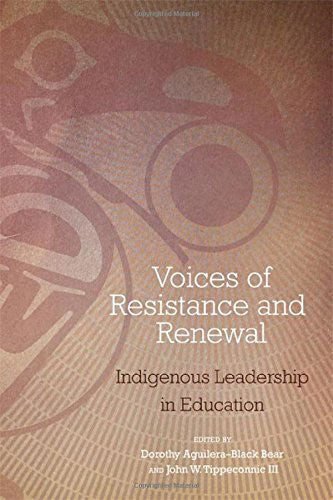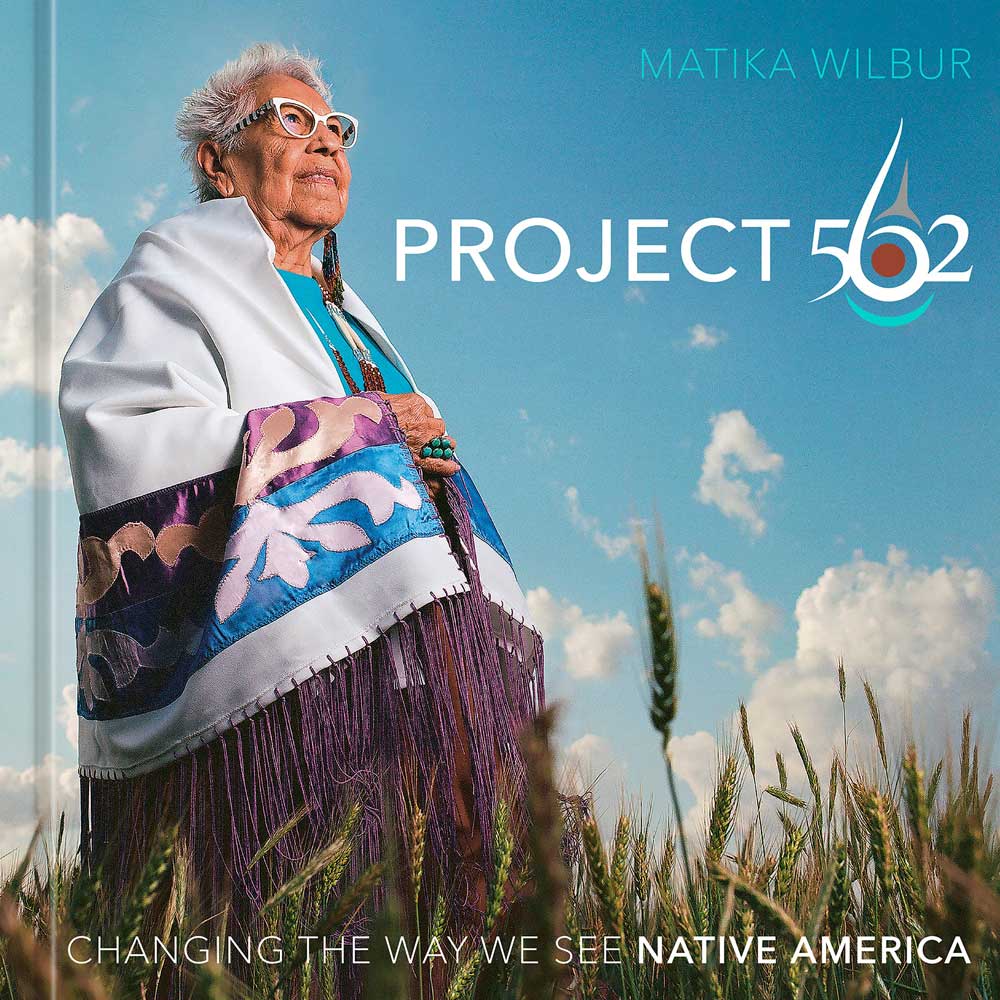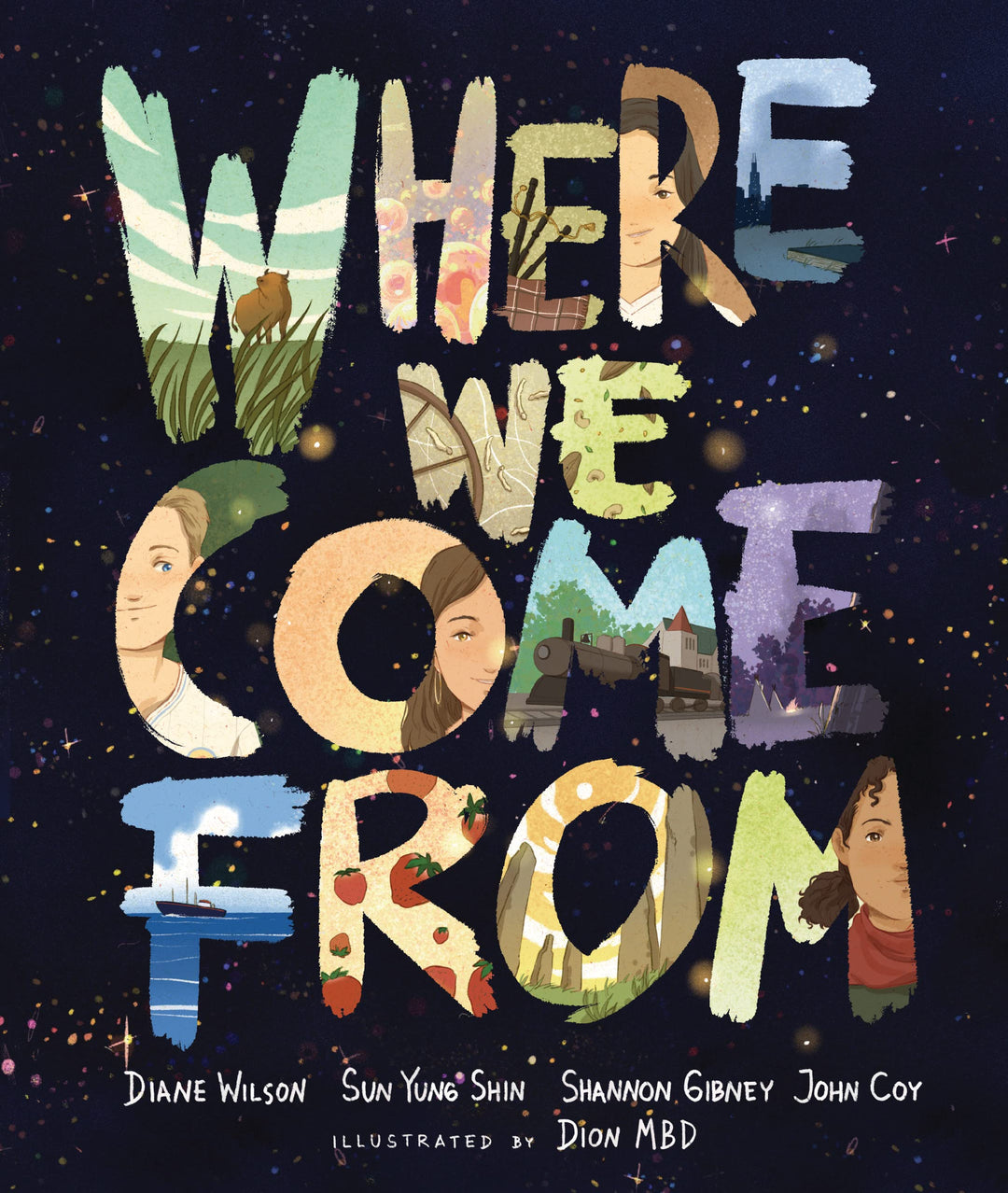
Voices of Resistance and Renewal: Indigenous Leadership in Education
- Paperback
- University of Oklahoma Press (2015)
- SKU: 9780806148670
Western education has often employed the bluntest of instruments in colonizing indigenous peoples, creating generations caught between Western culture and their own. Dedicated to the principle that leadership must come from within the communities to be led, Voices of Resistance and Renewal applies recent research on local, culture-specific learning to the challenges of education and leadership that Native people face.
Bringing together both Native and non-Native scholars who have a wide range of experience in the practice and theory of indigenous education, editors Dorothy Aguilera-Black Bear and John Tippeconnic III focus on the theoretical foundations of indigenous leadership, the application of leadership theory to community contexts, and the knowledge necessary to prepare leaders for decolonizing education.
The contributors draw on examples from tribal colleges, indigenous educational leadership programs, and the latest research in Canadian First Nation, Hawaiian, and U.S. American Indian communities. The chapters examine indigenous epistemologies and leadership within local contexts to show how Native leadership can be understood through indigenous lenses. Throughout, the authors consider political influences and educational frameworks that impede effective leadership, including the standards for success, the language used to deliver content, and the choice of curricula, pedagogical methods, and assessment tools.
Voices of Resistance and Renewal provides a variety of philosophical principles that will guide leaders at all levels of education who seek to encourage self-determination and revitalization. It has important implications for the future of Native leadership, education, community, and culture, and for institutions of learning that have not addressed Native populations effectively in the past.









